![]() 22 Jul 2024
22 Jul 2024
In historical Europe, Germany, Italy, and Switzerland were fragmented into kingdoms, duchies, and cantons, each under the rule of autonomous leaders. Meanwhile, Eastern and Central Europe were governed by autocratic monarchies, hosting a mix of diverse peoples within their territories.
Aristocratic Dominance: In social and political realms, the Aristocracy held undisputed dominance across the continent.
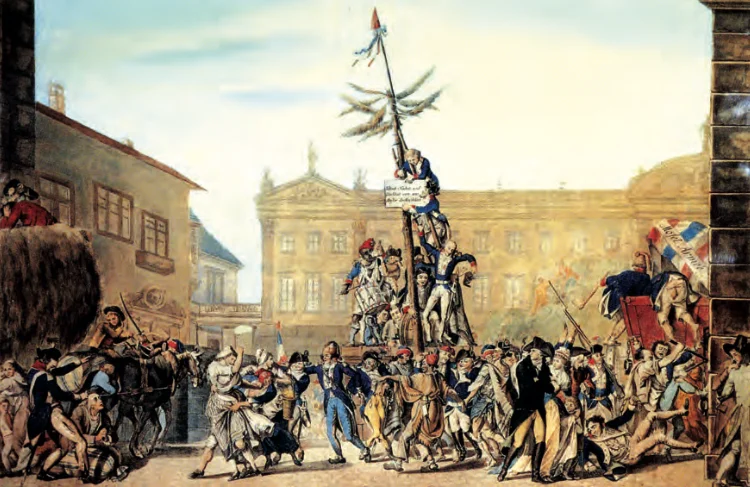
Meaning: The term liberalism derives from the Latin root liber, meaning free.
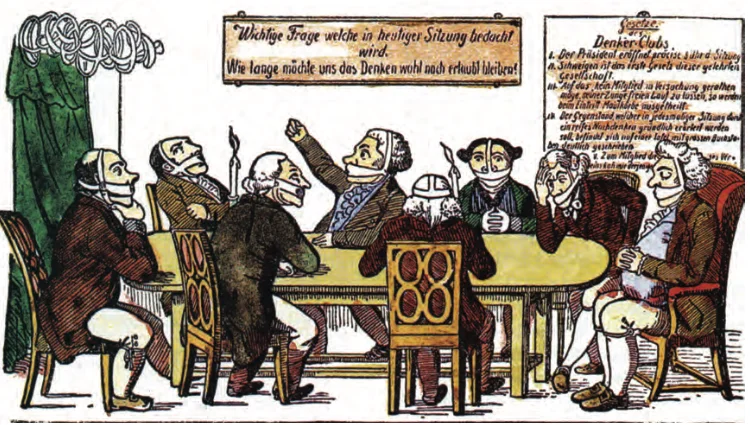
Meaning: Conservatives believed in preserving traditional institutions: monarchy, church, social hierarchies, property, and family.
Emergence of Secret Societies: In 1815, secret societies sprouted across European states, dedicated to training revolutionaries and propagating their ideologies.
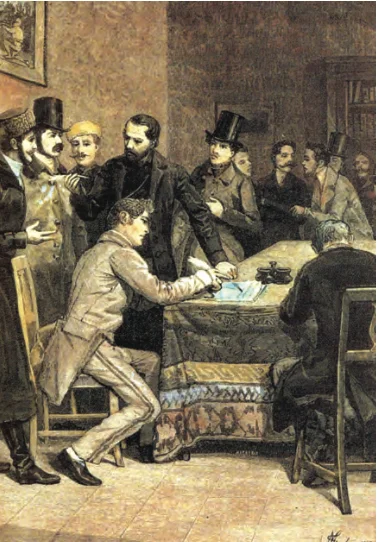
July Revolution: In July 1830, liberal revolutionaries overthrew Bourbon Kings in France, establishing a constitutional monarchy under Louis Philippe.
Culture shaped the idea of the nation through art, poetry, stories, and music, expressing and moulding nationalist feelings.
Europe faced economic hardships in the 1830s. During the first half of the 19th century, Europe underwent a substantial population increase.
Demand for LIberal Nation-State: Members of the liberal middle class pushed for a nation-state governed by parliamentary principles, including a constitution, freedom of the press, and association.
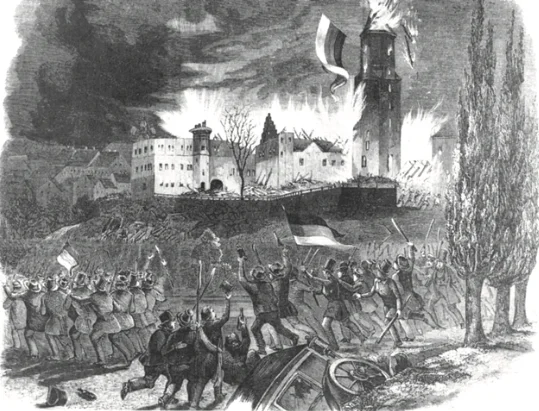
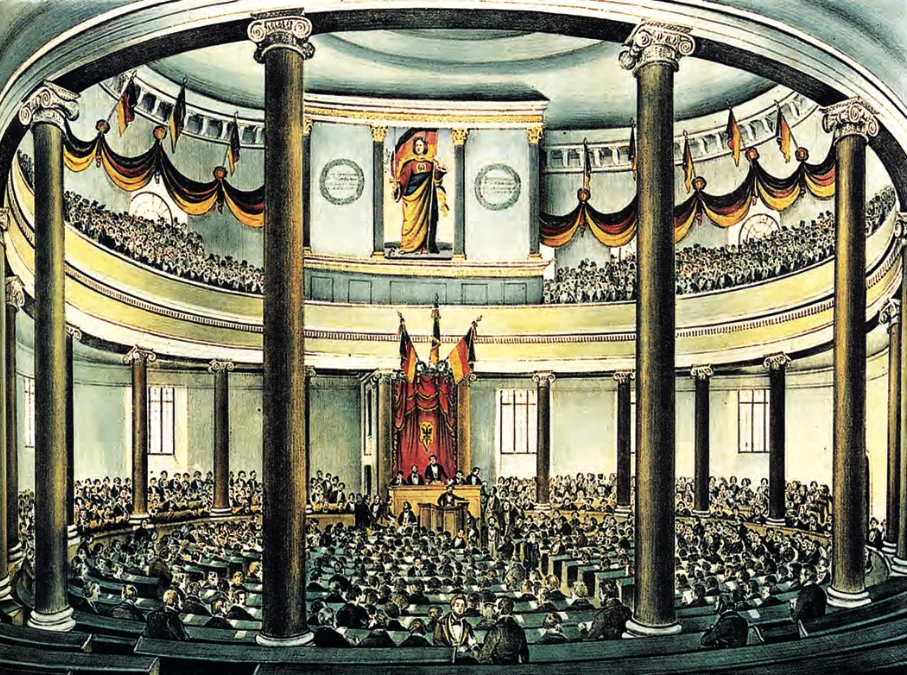
| Must Read | |
| Current Affairs | Editorial Analysis |
| Upsc Notes | Upsc Blogs |
| NCERT Notes | Free Main Answer Writing |
Conclusion
19th century Europe witnessed the rise of new social classes, birth of nationalist ideas, and eruption of revolutions. While the quest for liberal nation-states and social reforms gained momentum, conservative forces often prevailed, resulting in limited changes. The seeds of modern Europe were sown during this tumultuous era, shaping the political landscape for centuries to come.
| Related Articles | |
| Population Dynamics | India-Russia Trade Relations |
| REVOLUTION OF EARTH | EUROPEAN UNION (EU) |
<div class="new-fform">
</div>